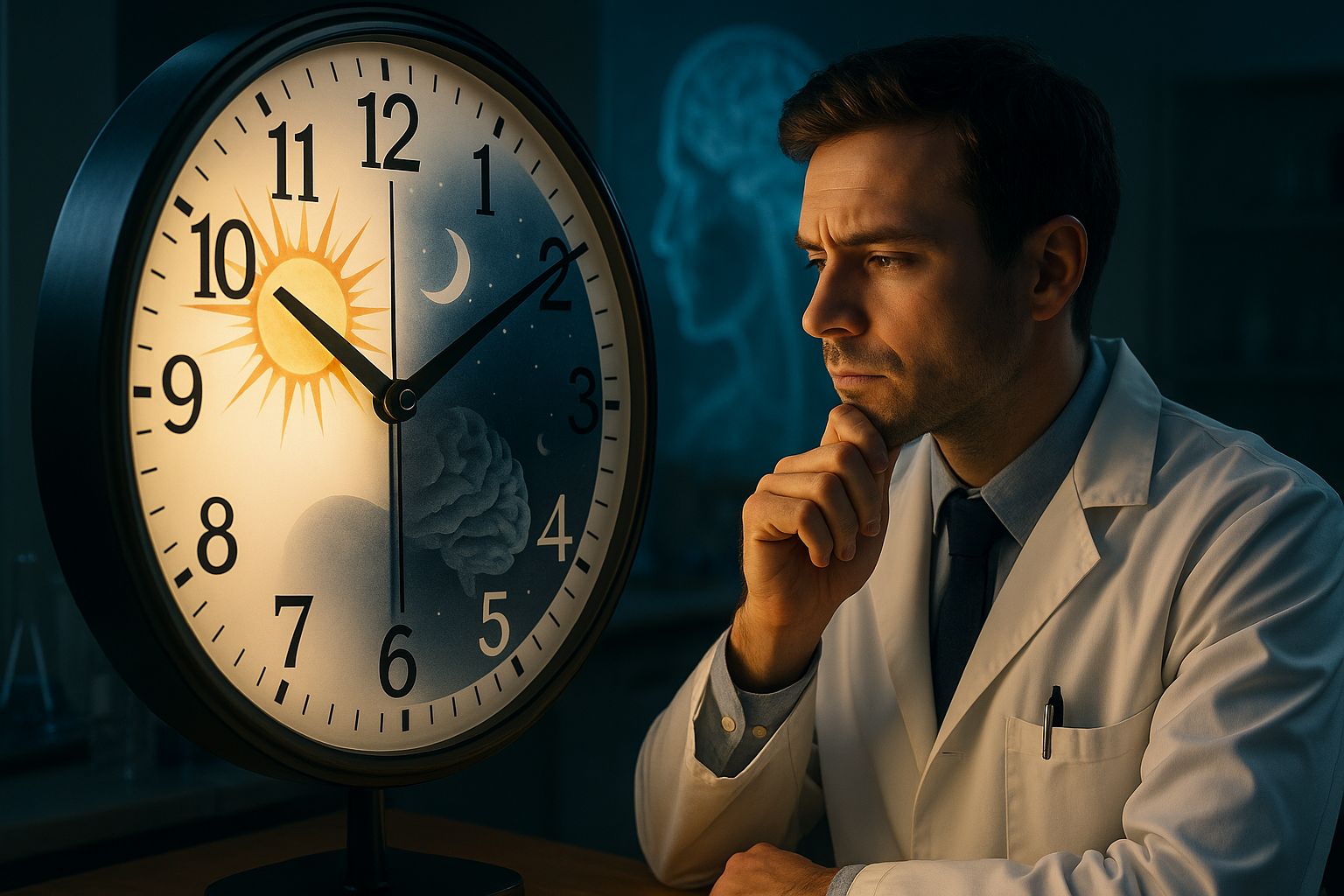The Intricacies of the Human Circadian Rhythm: Unlocking the Mysteries of our Internal Clock
How well do you understand your body's internal clock? The circadian rhythm, a biological process that directs your sleep-wake cycle, plays a far more significant role in your health and wellness than you might imagine. Let's delve into the fascinating world of our internal timekeeper, exploring its intricate mechanisms, health implications, and how to harness its power for optimal well-being.

The Genesis of the Circadian Rhythm
Human beings, like many other organisms, evolved under the influence of the Earth’s 24-hour cycle of light and darkness. Our ancestors’ survival hinged on their ability to adapt to this rhythmic pattern. As a result, a biological clock known as the circadian rhythm developed within us. This internal timekeeper, primarily driven by the hypothalamus in the brain, regulates numerous bodily functions, from sleep-wake cycles and hormone production to metabolism and immunity.
Mapping the Circadian Rhythm: The Science Unveiled
For decades, scientists have been captivated by the mysterious workings of the circadian rhythm. The 2017 Nobel Prize in Physiology or Medicine was awarded to three American scientists for their groundbreaking research on the molecular mechanisms controlling our internal clocks. Their findings revealed that our circadian rhythm operates on a molecular level, with certain proteins in our cells rising and falling in a regular, cyclic pattern that influences various biological functions.
Health Implications of Circadian Disruption
Modern life, with its artificial lighting, shift work, and jet travel, can disrupt our internal clocks, leading to a phenomenon known as circadian disruption. Research suggests that persistent circadian disruption can have deleterious health effects, increasing the risk of conditions like obesity, diabetes, cardiovascular disease, and certain types of cancer. It also impacts mental health, contributing to mood disorders and cognitive impairment.
The Art of Circadian Alignment: Strategies for Optimal Wellness
Recognizing the critical role of the circadian rhythm in our health, many experts now advocate for lifestyle strategies to align our daily routines with our body’s internal clock. This includes regular sleep schedules, exposure to natural light during the day, limited exposure to artificial light at night, and timing meals to sync with our metabolic rhythms. These practices, collectively known as “circadian hygiene,” can help optimize health and wellness.
Spotlight on Circadian Rhythm: Key Insights
-
Our circadian rhythm operates on a molecular level, influencing various biological functions.
-
Persistent circadian disruption can increase the risk of several health conditions.
-
Circadian hygiene practices can help align our daily routines with our body’s internal clock.
In Embracing Our Internal Timekeeper
Understanding our circadian rhythm provides a new lens through which to view our health and wellness. This internal clock, a product of millions of years of evolution, still holds sway over many of our bodily functions. By respecting its rhythms and striving for circadian alignment, we can enhance our well-being in profound ways. The human circadian rhythm, truly, is a testament to the intricate and remarkable nature of the human body.




